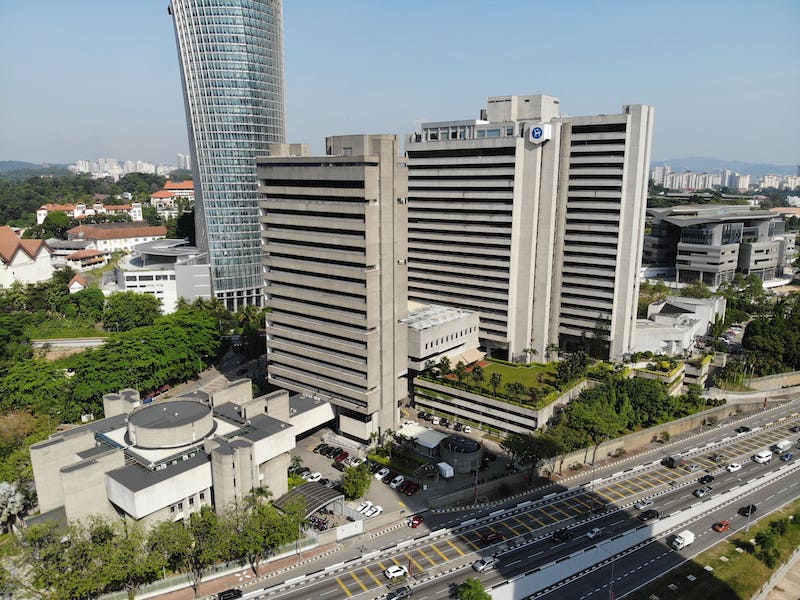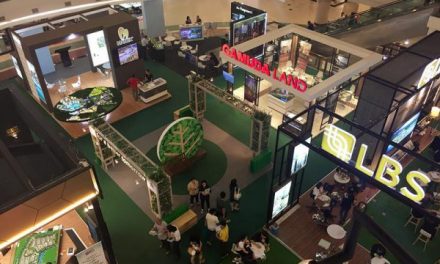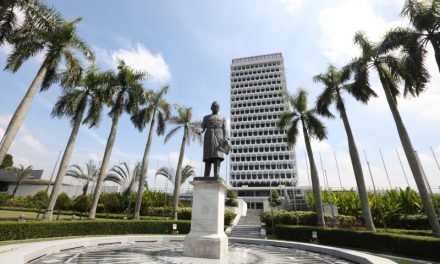BNM: Standardised Base Rate to be used as reference rate for retail floating-rate loans from August 2022
Bank Negara Malaysia (BNM) has released the revised Reference Rate Framework that will take effect from Aug 1, 2022, under which the Standardised Base Rate will replace the Base Rate (BR) as the reference rate for new retail floating-rate loans. The framework, introduced in 2015, establishes the BR as the reference rate for retail floating-rate loans in Malaysia. Reference rates are publicly accessible interest rates that are used by financial institutions as a basis for pricing loans. “Under the revised Reference Rate Framework, the Standardised Base Rate will be used as the common reference rate for all financial institutions for their new retail floating-rate loans. The Standardised Base Rate will be linked solely to the Overnight Policy Rate (OPR). Changes to the Standardised Base Rate will therefore only occur following changes in the OPR, which is determined by the Monetary Policy Committee of BNM,” said the bank. Meanwhile, other components of loan pricing such as borrower’s credit risk, liquidity risk premium, operating costs, profit margin and other costs will continue to be reflected in the spread above the Standardised Base Rate. According to BNM, the shift towards the Standardised Base Rate will have no impact on the effective lending rates of existing retail loans, which will continue to be referenced against the BR and Base Lending Rate (BLR). (The Edge)
Mixed outlook for property sector as pandemic bites
Signs of financial distress in the country are getting more prevalent and clearer as the COVID-19 impact bites deeper into Malaysia’s economy, resulting in rising unemployment and shrinking incomes. The economic impact has not been isolated, rather the damage is spreading to other sectors, including property despite the various relief measures and loan moratoriums. The Household Income Estimates and Incidence of Poverty Report 2020 has revealed that 20% of the M40 group has shifted down to the B40 group due to the pandemic, while among those from the T20 category, 12.8% has shifted down to the M40 group. This means some property owners may have to offload properties to stay afloat. At the end of 2020, home loan rejection rates in Malaysia stood at 28%, according to data by Bank Negara Malaysia. Among the reasons for the rejections was that borrowers were already highly indebted, and have a poor credit history with little residual income after taking into account monthly living expenditures and existing financial obligations. The fact is, even before the pandemic, the property sector was already facing the issues of oversupply and overhang, with house prices being unaffordable compared with the average income level. However, real estate company Juwai IQI reckons it is not all gloom and doom for the property sector, especially when a recovery is expected to unleash pent-up demand both in Malaysia and elsewhere. (The Star)
MM2H programme to be reactivated with changes
The Malaysia My Second Home (MM2H) programme has been reactivated with several changes made to the policy. Home Ministry secretary-general Datuk Wan Ahmad Dahlan Abdul Aziz said the temporary halt of the programme last year had enabled his ministry as well as the Tourism, Arts and Culture Ministry to review and re-evaluate the MM2H programme. “New applications can be submitted beginning October, and this process will be overseen by the Immigration Department,” he said. The government has set a ceiling on the number of participants, including the principal and their dependents at one time to be not more than 1% of the number of Malaysian citizens. There are currently 57,478 holders of the MM2H passes, as well as their dependents. The government has also introduced nine new conditions for those intending to apply for the programme, including participants must be in the country for at least 90 cumulative days in a year to ensure they truly contribute to the Malaysian economy. Participants are also required to have an offshore income of at least RM40,000 a month, compared to RM10,000 previously and a fixed deposit account with a minimum of RM1mil, where 50% maximum withdrawal from a principal amount is allowed for the purpose of buying property, health and children’s education. The age for those eligible to apply has now been placed under two categories, namely for those between the age of 35 and 49, and the other category is for those 50 years and above. (The Star)
World-class facilities for Weld Quay seafront
Penang’s northeastern seafront along Weld Quay will soon see world-class facilities providing food, sports and education once MPDT Capital Berhad upgrades three old port warehouses and part of Tanjung City Marina. With an investment of RM120mil, the project dubbed ‘MPDT 1880 Heritage Reborn’ on 268,624 sq ft within George Town Unesco World Heritage Site will complement Swettenham Pier Cruise Terminal (SPCT) in line with the ‘Experience Penang’ campaign. Besides food and beverage outlets by the sea, there will also be a vehicle showroom, an e-sports arena, a flight simulator training centre as well as various other recreational and entertainment facilities. Penang Port Commission (PPC) chairman Datuk Tan Teik Cheng said a lease agreement with MPDT Capital Berhad has been signed for the company to redevelop the port’s three old warehouses and part of Tanjung City Marina within the next two years. He said the agreement would allow MPDT Capital to develop Warehouses Five, Seven and Eight and part of Tanjung City Marina. Other attractions coming up in the project include a research and development hothouse, photography studio, event studio and co-working space. The project is part of the Eastern Seafront Development (ESD) within George Town’s Unesco World Heritage site. (The Star)

Kerjaya Prospek seeks to expand land bank
Kerjaya Prospek Property Bhd will be expanding its land bank as part of its aim to beef up its property development and investment arm. According to executive chairman Datin Toh Siew Chuon, the company will continue to take every single opportunity to identify and acquire land and expand its development portfolio. Moving forward, she said Kerjaya Prospek will be scaling up its property development and investment arm significantly. “With such a diversified mix of property assets ranging from residential and commercial development, investment properties and sizeable land bank, we will be well positioned to take advantage of the current soft property market where we are able to acquire high value pockets of lands at reasonable cost,” she said. (The Star)





